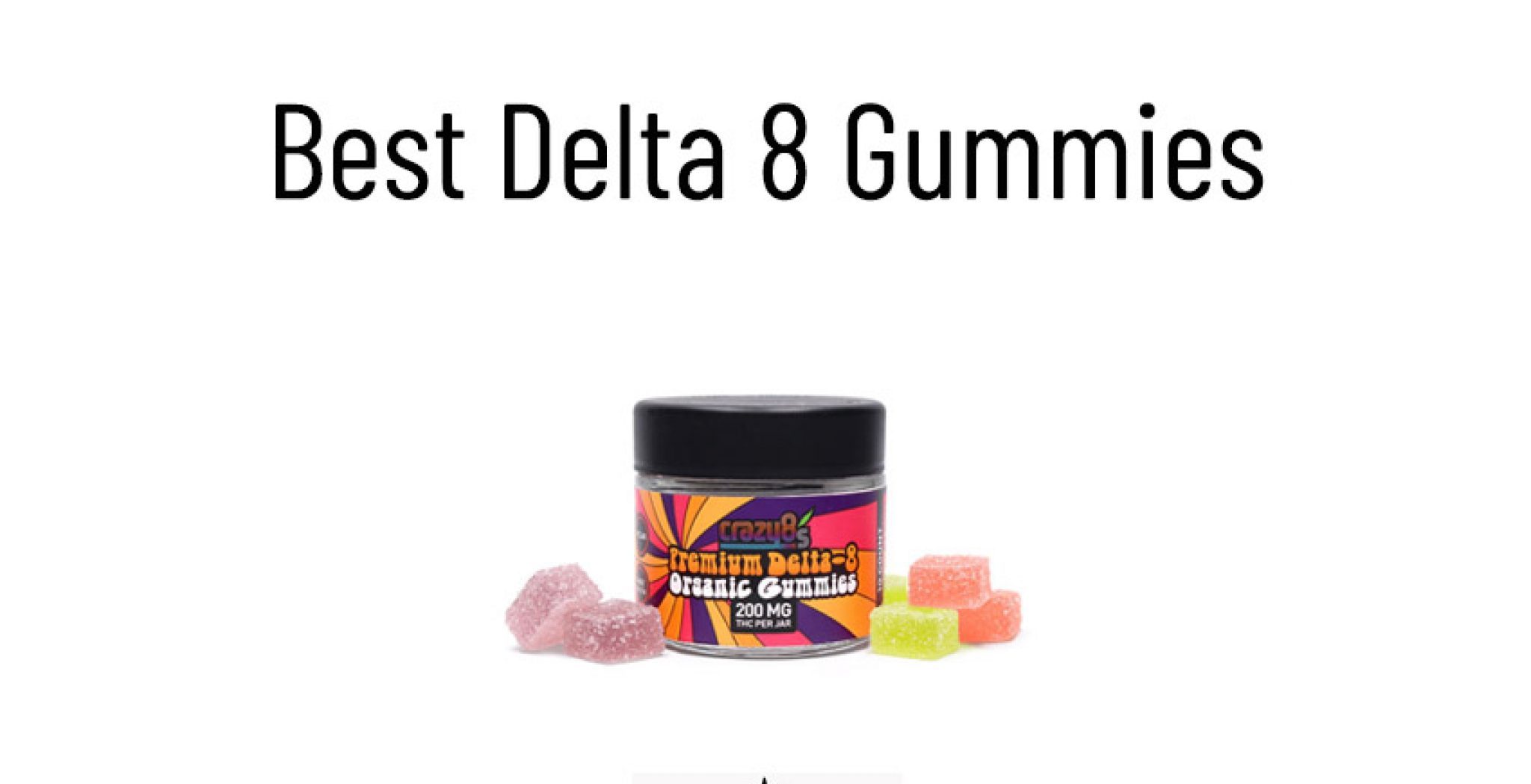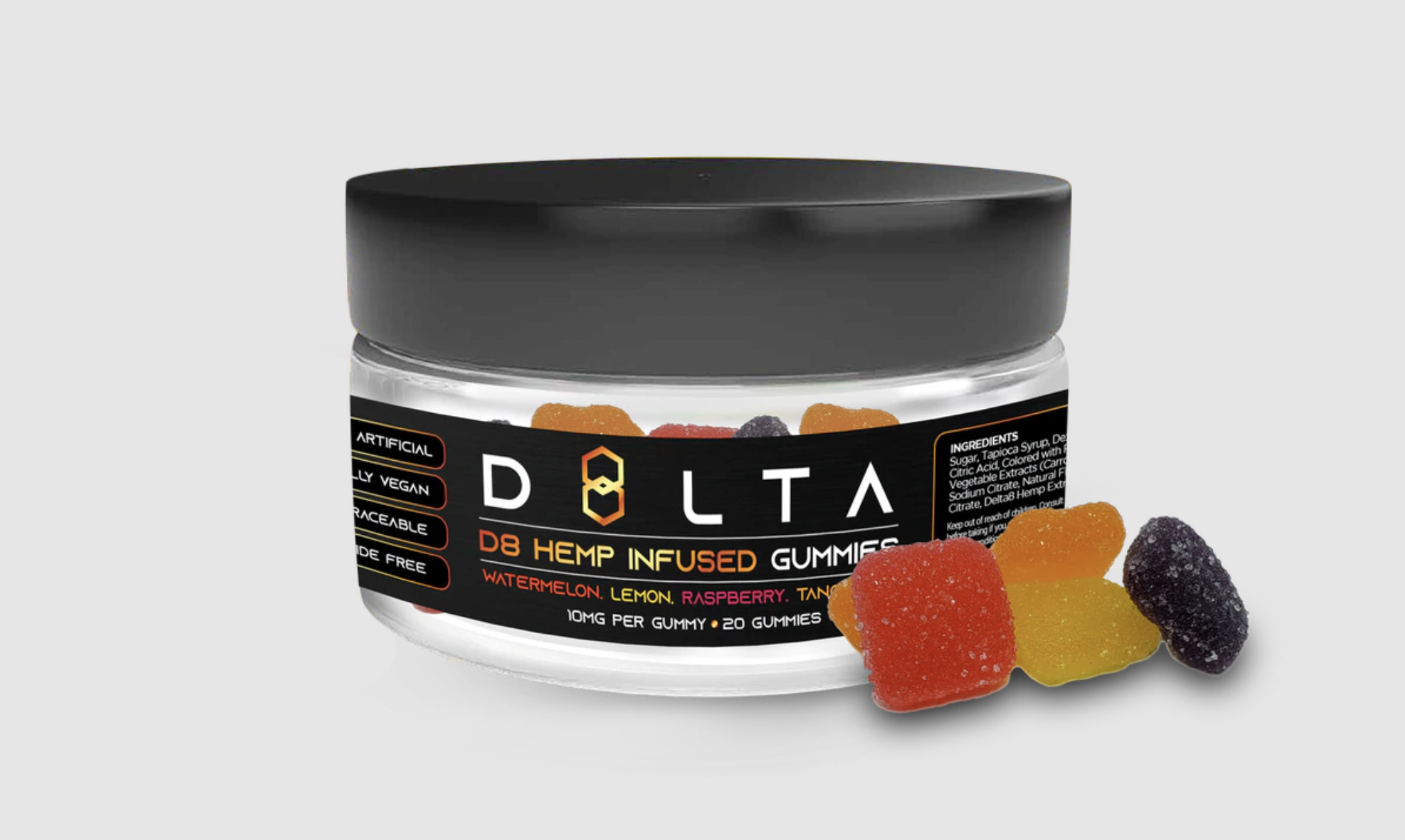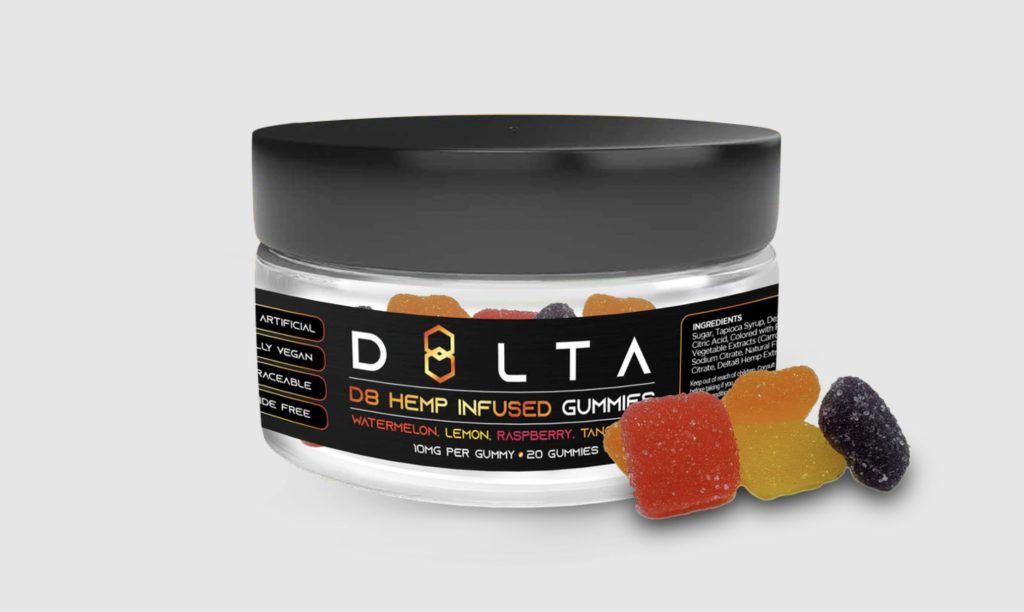Cannabis has been gaining popularity over the past few years due to its many medical benefits. But with all of the different types of cannabis products out there, it can be hard to keep track of what’s what. Two common cannabinoids found in cannabis are delta-8 and delta-9 tetrahydrocannabinol (THC). While they share a lot of similarities, there are also some important differences between them. Here at Exhale Wellness, we’re here to help you understand these two cannabinoids so that you can make informed decisions about your health and wellness routine.
Delta-8 THC is one type of cannabinoid found in cannabis plants that provides a range of potential therapeutic benefits. It has psychoactive effects similar to delta-9 THC, but typically at a lower intensity level. Delta-8 is known for having antiemetic (anti-nausea) properties as well as being able to reduce anxiety levels and pain perception. It also has appetite-stimulating effects, making it an ideal choice for people struggling with eating disorders or who need an extra boost in their appetite control efforts.

What is Delta 9 THC?
Delta-9 THC is another type of cannabinoid found in cannabis plants that produces more intense psychoactive effects than delta-8 THC does. This makes it the most commonly used form of marijuana among recreational users looking for a psychoactive high or feeling relaxed or euphoric after consumption. As such, this form has gained notoriety due to its potential recreational use even though it does have some medicinal uses as well, especially when combined with other plant compounds like terpenes or flavonoids from hemp or cannabis plants.
Differences Between Delta 8 and 9
Although both delta 8 and 9 have similar chemical structures, they differ slightly in how they interact with our body’s endocannabinoid system (ECS). The main difference lies in their potency; delta 8 tends to be less potent than delta 9 which means that it produces milder psychoactive effects than its counterpart. Additionally, delta 8 binds more strongly with CB1 receptors while delta 9 binds more strongly with CB2 receptors which can lead to different physiological responses depending on which receptor type is activated first.
Legal Status for Both Types
Since both forms contain trace amounts of THC, neither one would qualify as legal under federal law since any amount greater than 0% would be considered illegal according to the Controlled Substances Act. However, some states may have laws allowing for limited production and sales of either variety depending on local regulations – always check your state’s laws before purchasing anything containing either type!

Potential Side Effects
When consumed responsibly and within recommended doses, both types should not pose any major risks apart from possible side effects including dry mouth/eyes, dizziness, and lightheadedness if taken too much at once or when consuming edibles containing large concentrations of either type. If unsure about dosage please seek advice from a qualified healthcare professional prior to using any product containing either type!
Conclusion
Whether you choose Delta 8 or Delta 9 will depend on your individual needs; however, understanding the differences between them could make all the difference when selecting your preferred source material for relief from symptoms associated with various conditions or simply choosing something that fits into your specific lifestyle goals! Exhale Wellness offers quality CBD products made from organic sources so you can rest assured knowing that whatever decision you make regarding which cannabinoid best suits you -you’ll get nothing but quality ingredients every time!

